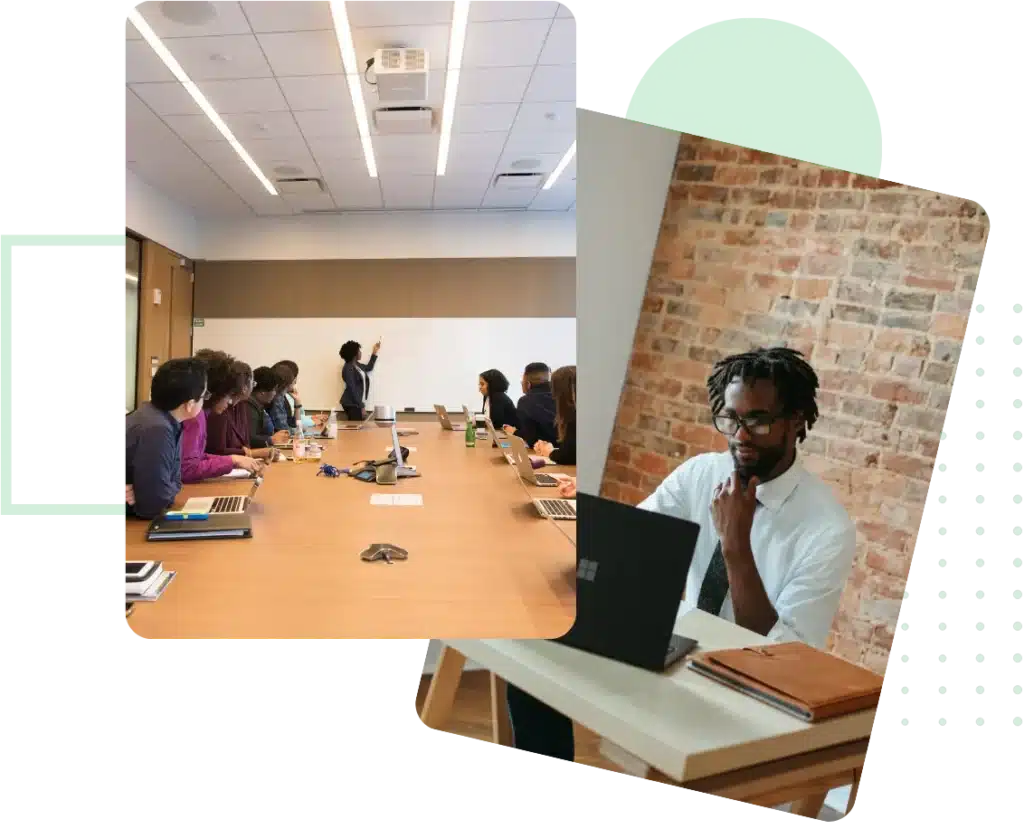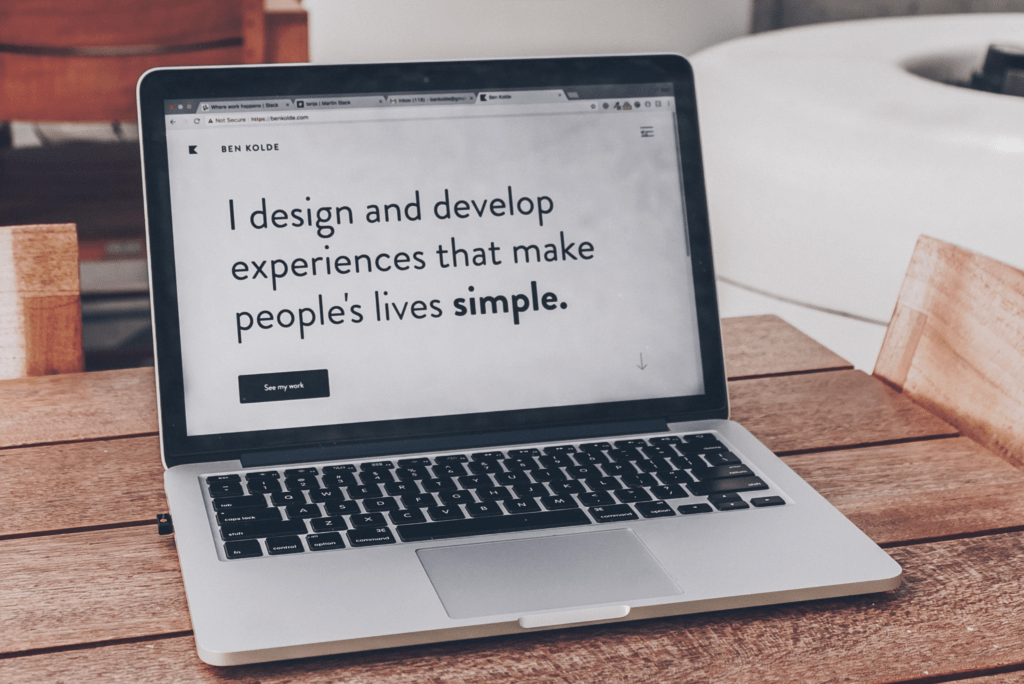Training: Develop Your Emotional Skills for Effective Customer Relations
In an increasingly customer experience-focused professional environment, emotional skills play a crucial role in ensuring effective and satisfying customer relationships. Companies are increasingly recognizing the importance of these skills in improving the quality of interactions with customers and enhancing overall satisfaction. Our emotional skills training guides you to master and activate your emotional resources, so you can become a key player in successful customer relationships.
How to develop your emotional skills for better customer relations?
Developing emotional skills is essential for building strong and lasting customer relationships. This starts with understanding and managing your own emotions. Emotional management is a fundamental aspect that allows you to remain calm and composed, even in difficult situations. This training teaches you to identify your emotions, understand their triggers, and regulate them effectively.
To improve your emotional skills, it's also crucial to develop your empathy. Empathy allows you to put yourself in your customers' shoes, understand their concerns, and respond appropriately. By strengthening your ability to feel and understand the emotions of others, you can establish a deeper connection with your customers, which is essential for a successful customer relationship.
Techniques to improve emotional skills in the workplace
Improving your emotional skills in a professional environment requires a structured approach and adapted techniques. One of the most effective techniques is the practice of interpersonal communication. This training teaches you how to communicate clearly and empathetically, using active listening techniques and choosing words that resonate with your audience.
Another technique consists of developing your emotional intelligence. Emotional intelligence encompasses the ability to recognize, understand, and manage your own emotions, as well as those of others. As part of our training, you will learn to use your emotional intelligence to anticipate customer needs, defuse tensions, and transform difficult interactions into positive opportunities.
The impact of emotional skills on customer service performance
Emotional skills have a direct impact on customer service performance. Employees with developed emotional skills are better equipped to handle stressful situations, meet customer expectations, and maintain a high level of satisfaction. Indeed, the ability to manage one's emotions helps to avoid impulsive reactions and maintain a professional approach, even in moments of pressure.
In addition, good emotional management helps to create a more harmonious work environment and reduce internal conflicts. This results in better team cohesion and more effective collaboration, which is beneficial for customer service as a whole.
Training to strengthen the emotional skills of managers
Managers play a crucial role in developing emotional skills within their team. Dedicated training enables managers to acquire the necessary tools to identify and develop these skills in their employees. By strengthening their own emotional leadership, managers can better understand the needs of their team, provide appropriate support and encourage a positive work environment.
A manager with strong emotional skills is also better equipped to make informed decisions, taking into account the emotions and motivations of their team members. This leads to better human resources management and an overall improvement in company performance.
Use emotional skills to manage difficult situations with clients
Handling difficult situations with clients is one of the most common challenges in customer service. Emotional skills are essential for successfully navigating these delicate moments. By remaining calm and controlling your emotions, you can prevent escalations and find constructive solutions. This training shows you how to use empathy to understand the client's point of view and adapt your response appropriately.
We also teach you how to use interpersonal communication techniques to defuse tension and turn negative experiences into opportunities to strengthen customer relationships. Through concrete examples and role-playing, you will be prepared to handle any difficult situation calmly and effectively.
Concrete examples of emotional skills in customer relations
Emotional skills manifest in different ways in customer relations. For example, a consultant who practices active listening can identify a customer's implicit needs, allowing them to offer personalized solutions. Similarly, a salesperson who controls their emotions during a negotiation is more likely to reach a satisfactory agreement for both parties.
Another concrete example is the use of emotional intelligence to manage customer complaints. Rather than reacting defensively, an emotionally intelligent professional will recognize the importance of the customer's feelings, which can help to defuse the situation and build long-term customer loyalty.
Why emotional skills are essential in interpersonal communication
Emotional skills are at the heart of interpersonal communication. They enable the creation of authentic and effective interactions, where messages are well understood and misunderstandings minimized. By developing your emotional skills, you can improve your professional relationships, strengthen collaboration within your team, and establish stronger customer relationships.
Managing emotions also plays a key role in interpersonal communication. By being aware of your own emotions and learning to manage them, you can avoid impulsive reactions and maintain clear and constructive communication, even in tense situations.
Emotional skills: keys to improving customer satisfaction
Emotional skills are essential for improving customer satisfaction. A customer service that demonstrates empathy and understanding creates a positive experience for the customer, which is crucial for loyalty. By listening to customers' emotions and needs, you can adapt your approach and offer a personalized service that exceeds expectations.
Moreover, good interpersonal communication based on solid emotional skills helps to solve problems faster and more satisfactorily for the client. This helps to create a positive brand image and encourage favorable word-of-mouth.
Developing empathy and emotional skills at work
Developing empathy and emotional skills at work is a valuable investment that pays off both individually and organizationally. By strengthening your empathy, you become more able to understand and respond to the needs of your colleagues and customers, which fosters a collaborative and harmonious work environment.
Our training helps you develop these skills through practical techniques and interactive exercises, allowing you to immediately apply what you have learned in your professional life. Ultimately, developing emotional skills at work leads to a better quality of professional life and increased performance.
Conclusion
Emotional skills are an essential component for success in the field of customer relations and beyond. Whether you are a customer service professional, a manager, or an entrepreneur, our training gives you the tools to develop your emotional intelligence, improve your emotion management, and strengthen your empathy skills. By mastering these skills, you will be able to create stronger customer relationships, effectively manage difficult situations, and improve the overall satisfaction of your customers.
Join our training to transform your approach to customer relations and become an emotionally intelligent leader capable of making a difference in your company.


































